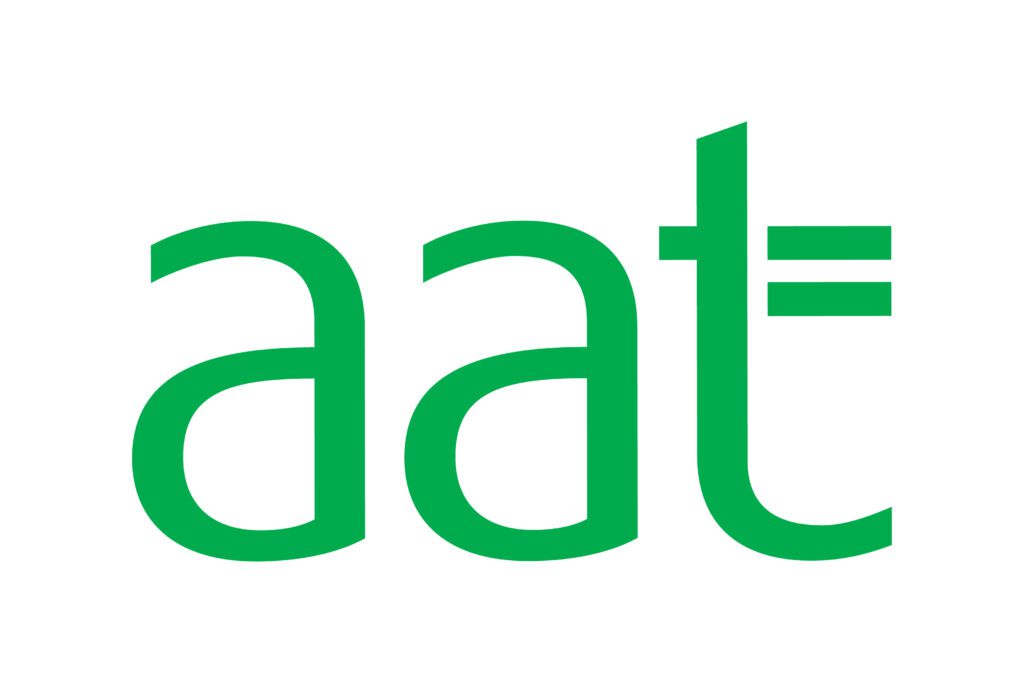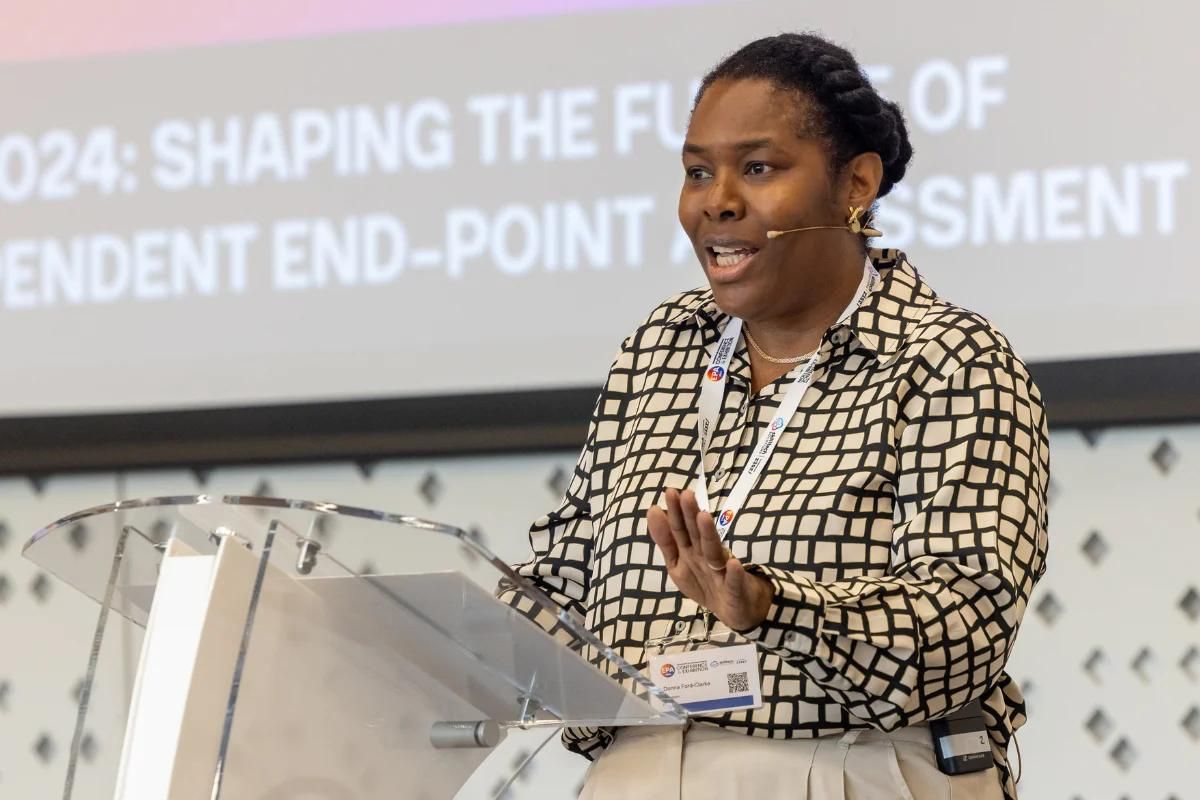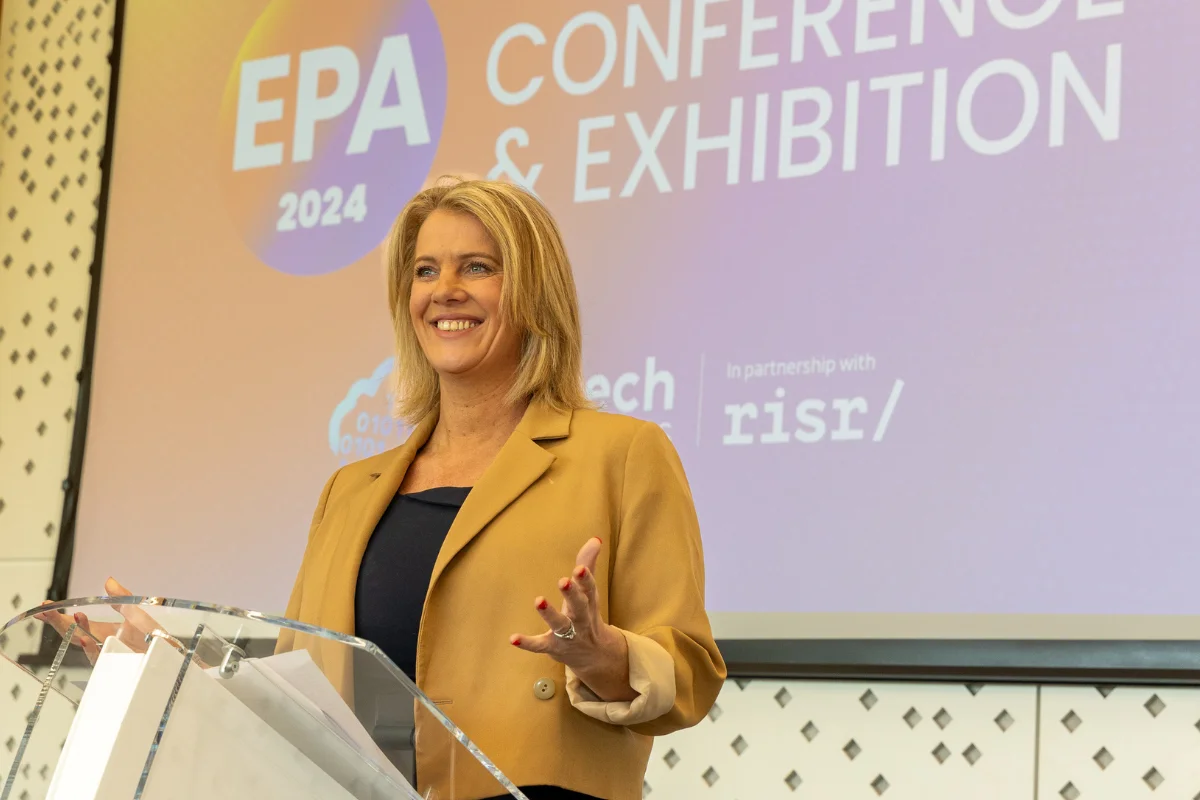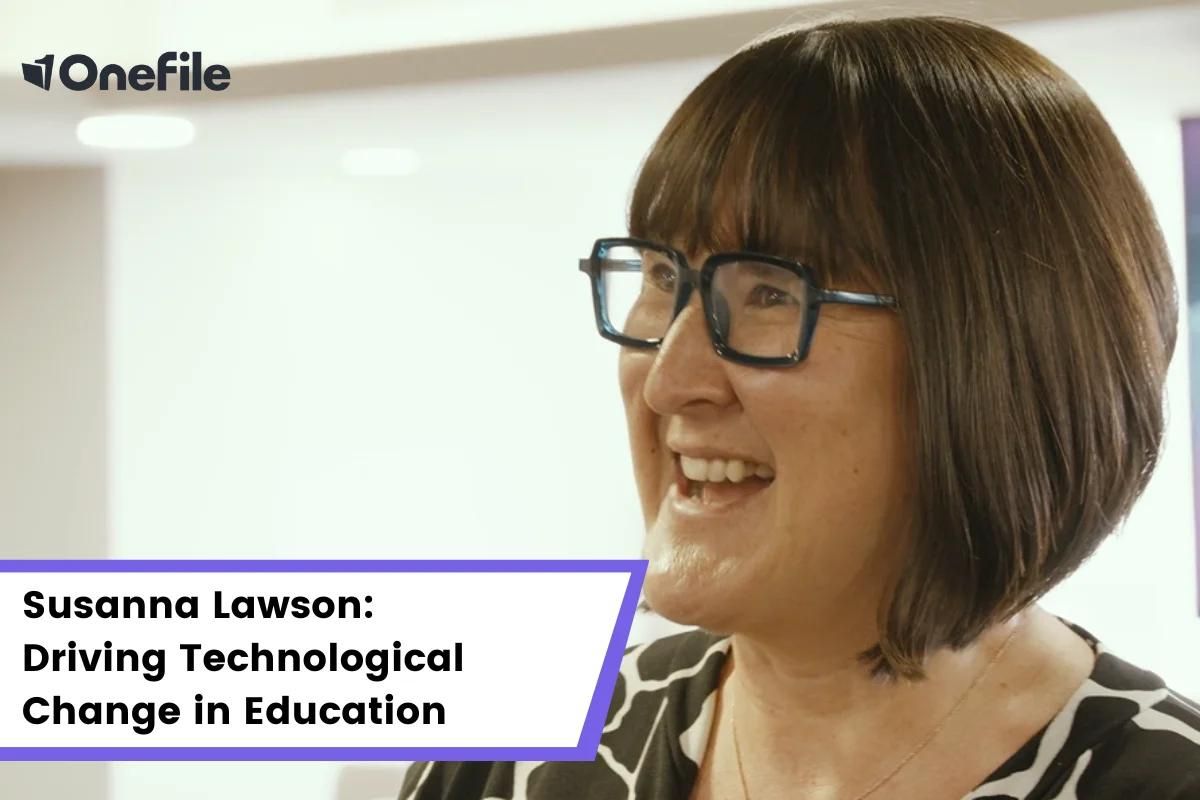“Never a better time” to gain skills qualifications fit for employment

#ResultsDay2020 – With the ongoing fiasco of exam results, school leavers are being urged to consider gaining the necessary skills to help them start their future career via vocational qualifications, as an alternative to university.
With the Covid-19 pandemic leading to one in five (19%) university applicants changing their mind, or having yet to decide, about their university attendance this autumn, AAT (Association of Accounting Technicians) is highlighting the merits of apprenticeship and traineeship schemes as pathways to employment for those completing their school education.
Government backs vocational routes to the workplace
The call to consider vocational qualifications follows Education Secretary Gavin Williamson last month ditching Tony Blair’s pledge for 50% of young people in England going to university, with Mr Williamson noting the need to ‘train [young people] for the jobs that do exist and will exist in the future.’
With experts predicting that the pandemic’s impact will see unemployment rise to around 10%, taking a vocational qualification has the added benefit of giving apprentices a job while they study. This not only creates ‘work-ready’ individuals, but means they are earning money, avoiding student debt, and can offer the chance to convert their training into a full-time job at the end of their studies.
In addition, there has been unequivocal government support for employers to take on apprentices, with £2,000 being offered to businesses for each apprentice under the age of 25 who is hired, and £1,500 for those 25 or over. This is designed to encourage employers to boost their apprenticeship intake – which may give a further advantage for those planning to take a vocational qualification over a degree.
Rachel Staples, Head of Qualifications at AAT, said:
“The Covid-19 pandemic is undoubtedly causing anxiety among current and prospective university students, in terms of how their course and indeed their entire experience at a higher education institution is going to work. In spite of this, university will still remain the right option for many thousands of school leavers this summer.
“But for many others seeking the practical skills needed to give them the best chance of securing a job, there’s never been a better time to take vocational courses such as apprenticeships. Taking AAT accounting qualifications, for example, has led to thousands of people attaining professional accountant status and often progressing to chartered – in some cases as quickly as it took their peers to complete their degree – and without the burden of around £50,000 of debt.
“In addition, the impact of the pandemic has seen a rapid acceleration in the number of learners accessing our courses from the comfort of their own home; AAT works with over hundreds of training providers who offer online teaching and support options to students, as well as providing assessment centres at the end of their studies.”
A student taking AAT qualifications before continuing to chartered status can progress to becoming a chartered accountant in as little as four years, and achieve professional accountant status in around half that time. Currently, the average chartered accountant in the UK receives an annual salary of £35,382.
I took an apprenticeship rather than a degree – now I hire apprentices of my own!

When Laura Whyte, 33 from Truro, was preparing to leave school back in 2005, she knew that her heart was set on a career in the finance industry. She was set to take a degree in Accounting and Finance, but was then offered a position as an apprentice at a large local firm.
“It was definitely the right choice for me,” says Laura. “I enjoyed being able to put what I was learning into practice at the office.”
Laura progressed through her studies and, having taken a new job in 2008 as accounts assistant at a construction company, was also able to progress her career, rising to the position of finance director in 2013. A year later, she set up her own accountancy firm, Whyfield.
“We now have 15 members of staff – including five taking AAT qualifications,” she adds. “Accountancy apprenticeships open the door to so many opportunities in a range of sectors, not just working in a practice, because all companies need accounts departments of some kind.”
And the Covid-19 pandemic hasn’t dampened client appetites for Whyfield’s accountancy services – far from it.
“We’ve just had our busiest quarter ever,” Laura explains. “With new rules and regulations, VAT reductions, grants, help with furloughed staff and cashflow issues, we have been crucial in terms of offering advice and support. We’ve actually been hiring during this period as there’s even more work than ever to do.”
Gaining qualifications whilst working is ‘a no-brainer’
.jpg)
Like Laura, Will Rose, 30 from Oxford, is a high-flier in the finance industry having chosen not to go to university when he left school at 18.
Working full-time for leading accountancy firm Grant Thornton, Will originally studied for his AAT qualifications at night college for two years, before progressing onto a chartered qualification with accountancy body ACCA (the Association of Chartered Certified Accountants).
Will progressed quickly through the firm and spent several years working as an audit manager before moving across to the corporate finance team, where he is now an associate director.
As well as advising shareholders and businesses as part of his day-to-day role, Will helps mentor and coach trainees – both those who have come from university and through Grant Thornton’s highly accredited apprenticeship scheme.
“Being able to get a qualification whilst working – I’d thoroughly recommend it to anyone else; it seems like a no-brainer to me,” Will says. “Through doing AAT and other qualifications, you are able to accelerate your career progression which is helped further by the skills learnt from working in a professional environment rather than in a classroom.”
And Will advises school leavers thinking of embarking on a future accountancy career to speak to as many people as they can before deciding on their pathway forward.
“Get a wide variety of opinions,” Will adds. “There is so much more information available now which would have been invaluable when I was making my decision. For example, social media groups really do give real-world insight into what a career in finance is like, and who to speak to.”











Responses